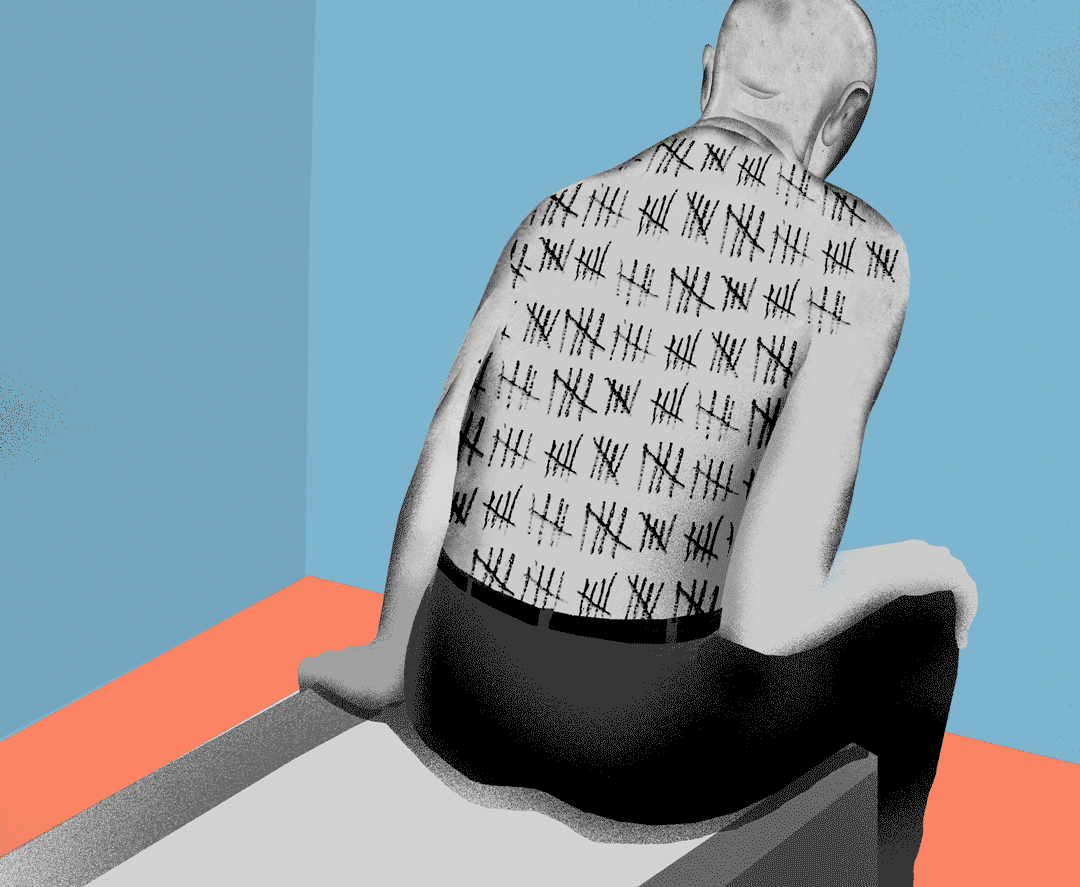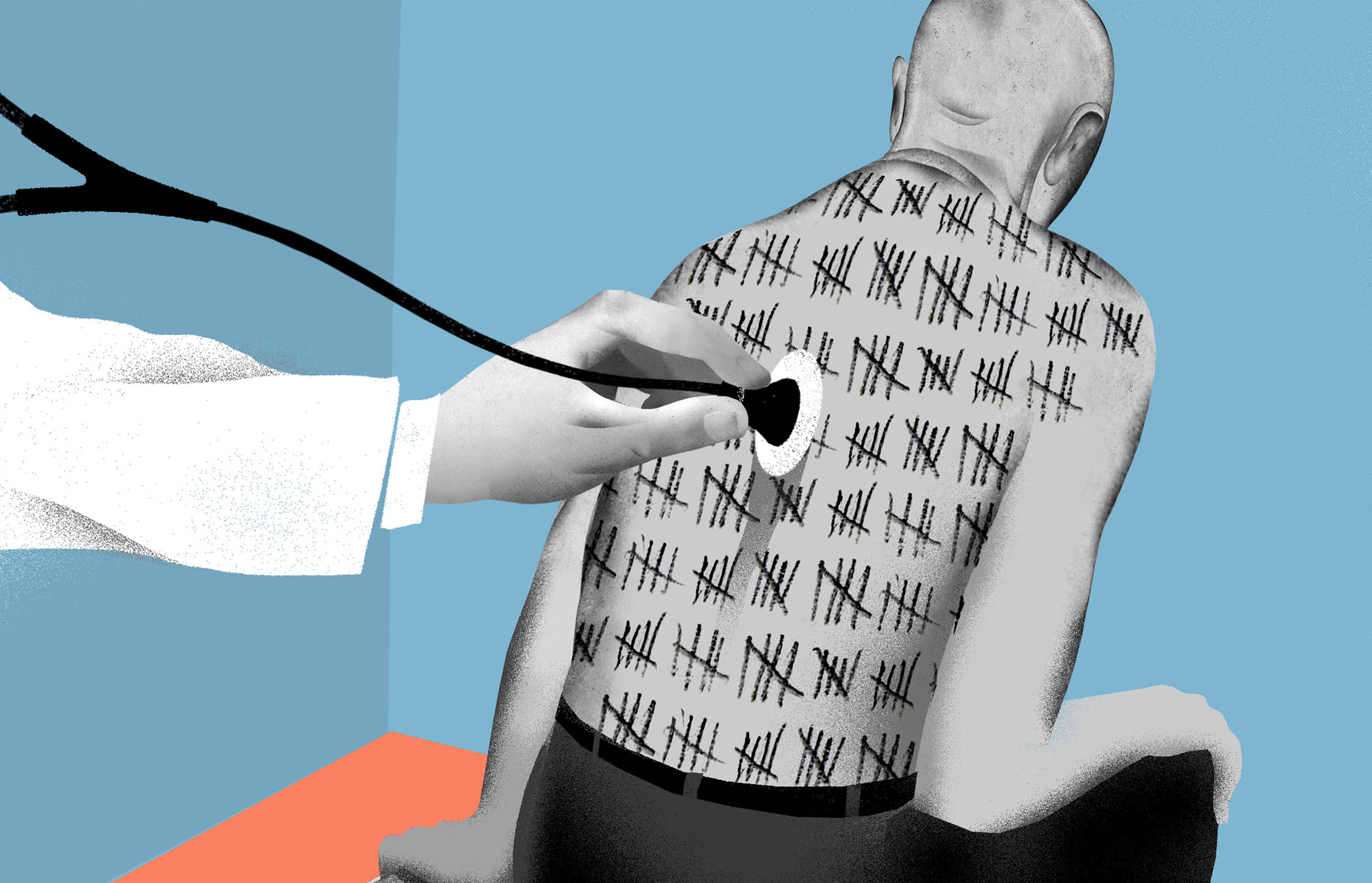On the Outside, an Inside Track
Medical students help formerly incarcerated people navigate the health care system
By Lisette Hilton
Illustration by Brian Stauffer

T
he health care system can be complicated for anyone, but for people who have been incarcerated, navigating its complexities can be especially daunting. Now in its fourth year, the student-run Miami Med Reentry Care Coordination program, or MMRCC, focuses on connecting these people to services by pairing them with trained patient navigators.
“We help participants with things like finding health insurance and connecting with primary care or other medical, dental, or mental health services,” explained Julia Telischi, one of four Miller School students on the MMRCC executive team. “Then we set some longer-term health goals and have regular follow-ups for up to six months, where we meet with participants to track progress with their goals and help troubleshoot any issues they might be having.”
So far, the group has helped more than two dozen people, who are generally referred by other organizations in Miami-Dade County. MMRCC’s care access director collects information from interested participants and matches them with a navigator. Participation is completely voluntary, and people can opt out of the program at any time if they feel comfortable continuing on their own, or they can request an extension at the end of the program if they need additional assistance, Telischi said.
While MMRCC is not actively recruiting new navigators until the fall, Telischi notes that there is a need. “We want students who are willing to learn about this population and who will be sensitive to their needs. We provide comprehensive training and close mentorship to all navigators, so we mostly look for good character and strong interest in our program,” she said.
“More than 70 million people have a criminal record. On any given day, two million people are incarcerated, and 50% of Americans have a loved one who has been incarcerated,” said faculty advisor Kathryn M. Nowotny, Ph.D., associate professor in the Department of Sociology and Criminology, and director of the Miami Health & Justice Lab. “But it’s not embedded into our medical training program, so having students exposed to working with this population, teaching them about issues related to the criminal justice system — how the criminal justice system impacts the health of those who are incarcerated, their families, their communities — is incredibly beneficial.” ![]()



